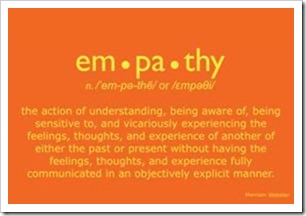
During a recent presentation, someone asked me to share some tips on how to feel good. In the first post of the series How to Feel Good, I shared the science of endorphins – the feel good hormones. In the second, I covered the science of smiling. In this post, I suggest another great way to feel good – taking time off.
Last year, I took time off from everything (home, work, kids and Gal) and went overseas to spend some time with my family. It was a wonderful reminder for me about why we have take time off to recharge out emotional batteries.
Taking time off from daily life can have a positive impact on our health and wellbeing. It helps us regenerate and start fresh. Sleep is the body’s natural way of giving us time off. It “forces” us to rest so we can function. Did you know that without sleep, we would die? If you want to torture someone, you do not need to hurt them. Just deprive them of sleep for 2-3 night. Just ask any mom!















